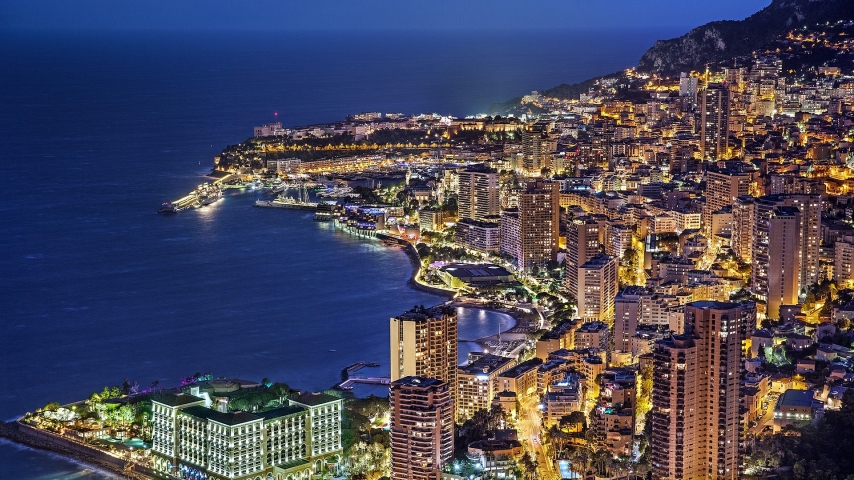
© Pixabay
Monaco is ramping up its efforts to be removed from the Financial Action Task Force (FATF) grey list, following significant progress recognized by the same organization in combating money laundering and terrorist financing.
Last Wednesday, Monaco's National Coordination and Monitoring Committee for combating money laundering, terrorist financing, weapons of mass destruction proliferation, and corruption convened to discuss the action plan recommended by the FATF.
This meeting followed the announcement on June 28, 2024, that Monaco had been added to the FATF's grey list for enhanced surveillance. The FATF, an international body dedicated to combating money laundering and terrorist financing, urged Monaco to focus on several areas, including addressing money laundering and tax fraud committed abroad, seizing criminal assets overseas, increasing resources for magistrates, applying effective and deterrent sanctions, and escalating the seizure of assets suspected to be from criminal activities.
In response, the government held a press conference on July 1 to address stakeholders' concerns. Here are three key points from this complex situation:
The FATF's communiqué highlighted several "significant progress" areas for Monaco, such as strengthening measures against terrorist financing, creating a new financial intelligence and supervision authority, implementing targeted financial sanctions, and supervising associations based on risk assessments.
Pierre-André Chiappori, Minister of Finance and Economy, emphasized during the press conference that Monaco's situation is "very rare" and "unusually favorable," noting that in six years and across forty countries, only two have been commended for their progress. He stated that 80% of the deficiencies identified by Moneyval had been addressed before the FATF meeting in Singapore.
The Princely Government is committed to exiting the grey list by January 2026, with two intermediate progress reviews scheduled for May and September 2025 as agreed in Singapore. "We will do everything necessary within these 18 months to come off the list," asserted the Minister.
Monaco has already passed nine new laws in recent months, including five in November alone. Despite these efforts, the grey listing occurred, and Monaco has pledged to implement the FATF's action plan to enhance its legislative framework. Chiappori clarified, “The communiqué indicates that our risk assessment methodology for money laundering and tax fraud is insufficient. Technical aspects still need to be addressed.”
Local actors fear a potential budgetary impact on finances. Chiappori reassured that there are no immediate consequences, explaining, "Monaco does not borrow money. In the medium term, there could be an impact if we stayed on the list for five years, but for a year and a half, being on the grey list has virtually no short-term impact."
The Minister argued that enhanced surveillance is not entirely exceptional, citing examples of nearby countries within the European Union, such as Croatia and Bulgaria, which are also on the grey list.
Despite the challenge, Monegasque authorities are confident that the Principality will emerge stronger. As stated by State Minister Pierre Dartout, "The fundamentals of the economy are solid," and Monaco "has a robust economic model and remains a very attractive territory."
